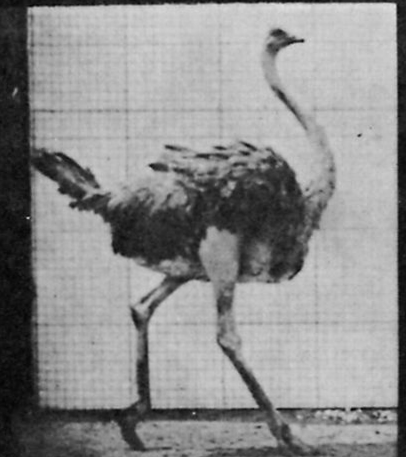Attempts at making our fellow animals, chimps or dolphins, mimic humans is deleterious to them, but they don’t need to speak with our language to communicate, and they don’t need to think exactly like us to have rich inner lives. As evidence mounts that there’s a lot going on inside of non-human creatures, what does that say about our current treatment of them?
The opening of a sadly un-bylined Economist essay on the topic:
IN 1992, at Tangalooma, off the coast of Queensland, people began to throw fish into the water for the local wild dolphins to eat. In 1998, the dolphins began to feed the humans, throwing fish up onto the jetty for them. The humans thought they were having a bit of fun feeding the animals. What, if anything, did the dolphins think?
Charles Darwin thought the mental capacities of animals and people differed only in degree, not kind—a natural conclusion to reach when armed with the radical new belief that the one evolved from the other. His last great book, “The Expression of Emotions in Man and Animals”, examined joy, love and grief in birds, domestic animals and primates as well as in various human races. But Darwin’s attitude to animals—easily shared by people in everyday contact with dogs, horses, even mice—ran contrary to a long tradition in European thought which held that animals had no minds at all. This way of thinking stemmed from the argument of René Descartes, a great 17th-century philosopher, that people were creatures of reason, linked to the mind of God, while animals were merely machines made of flesh—living robots which, in the words of Nicolas Malebranche, one of his followers, “eat without pleasure, cry without pain, grow without knowing it: they desire nothing, fear nothing, know nothing.”
For much of the 20th century biology cleaved closer to Descartes than to Darwin. Students of animal behaviour did not rule out the possibility that animals had minds but thought the question almost irrelevant since it was impossible to answer. One could study an organism’s inputs (such as food or the environment) or outputs (its behaviour). But the organism itself remained a black box: unobservable things such as emotions or thoughts were beyond the scope of objective inquiry. As one such “behaviourist” wrote in 1992, “attributing conscious thought to animals should be strenuously avoided in any serious attempt to understand their behaviour, since it is untestable [and] empty…”.
By then, though, there was ever greater resistance to such strictures.•

